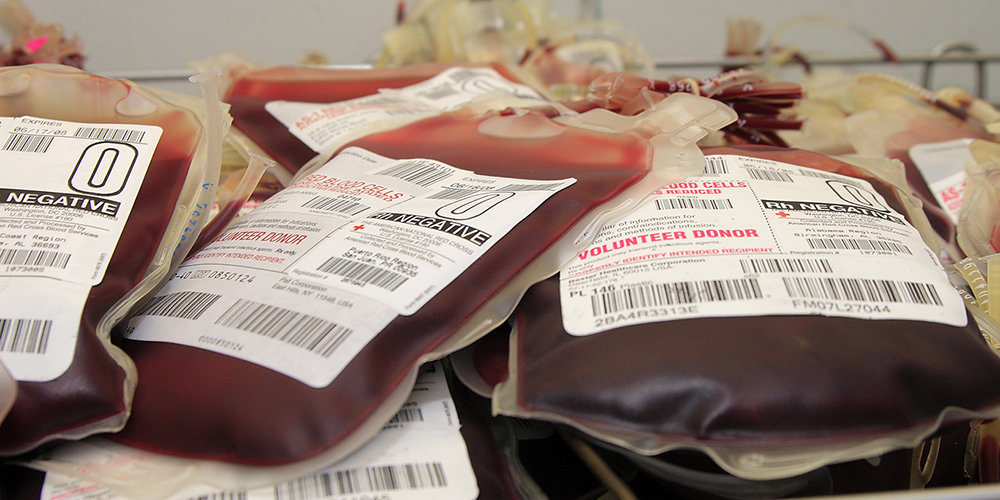
The Center for Injury Science at UAB is dedicated to surgical research and committed to developing new methods of acute care.
The center is comprised of four research units: the Clinical Trials Unit, the Trauma Care Delivery Research Unit, the Basic Science and Translational Research Unit, and the Evidence Synthesis Unit.
The Clinical Trials Unit specializes in the design, coordination and execution of clinical trials of complex interventions, such as surgical procedures and medical devices. These trials present special problems for evaluators, which include small eligible populations, difficulties in standardizing the delivery of the interventions and sensitivity to local context.
CIS faculty have particular expertise in conducting exception-from-informed-consent studies in both prehospital and in-hospital settings and clinical trials requiring innovative (Bayesian or adaptive) approaches. We have a wide range of contacts in other academic and clinical areas to facilitate any necessary additional input.